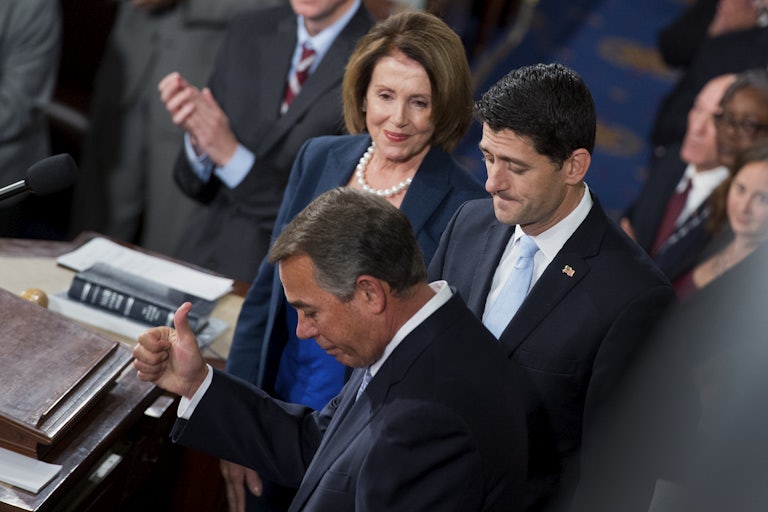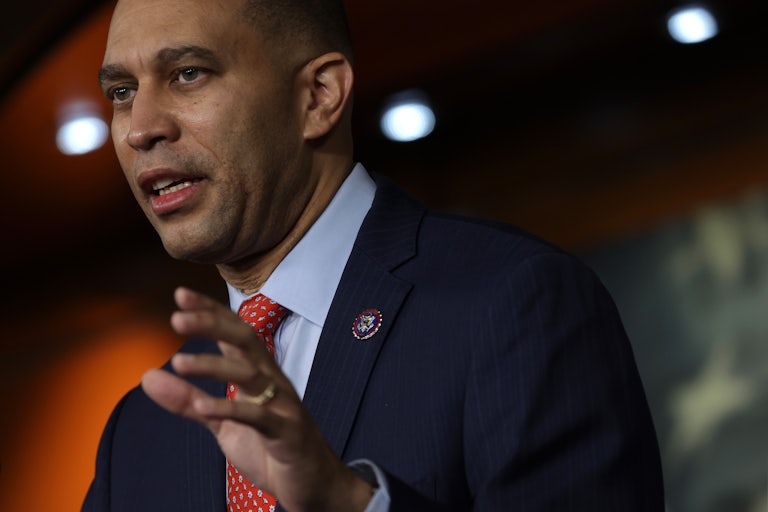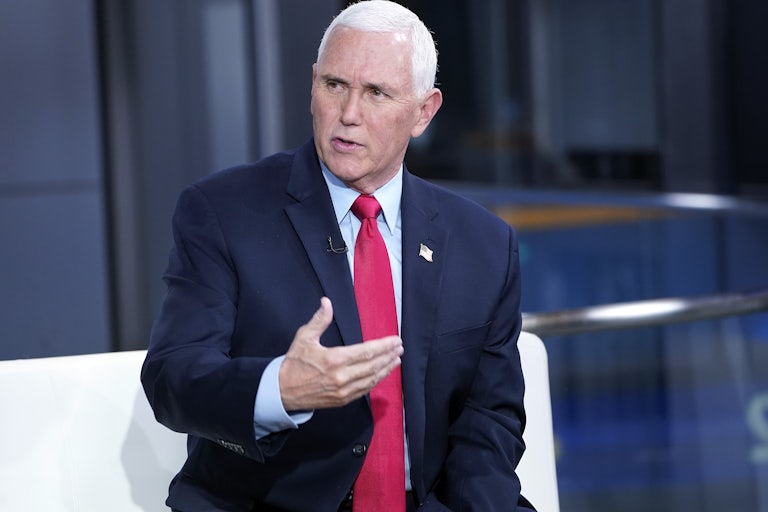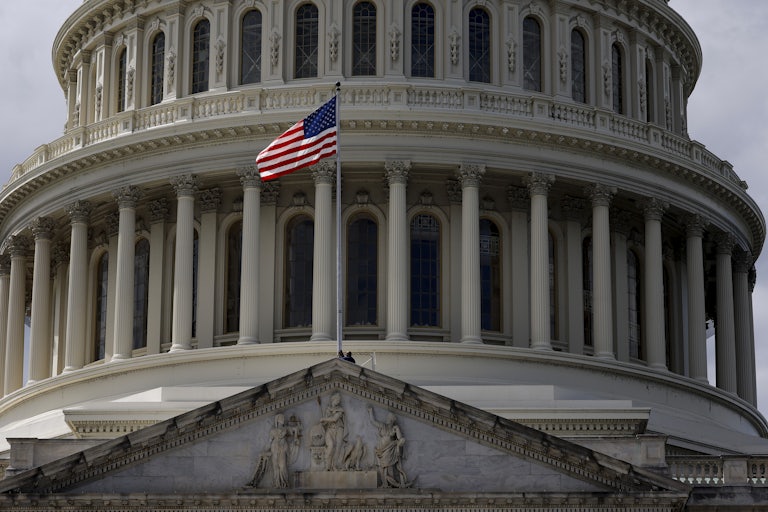Watch Nancy Pelosi Give John Boehner a Standing Ovation at His Farewell Address
Kevin McCarthy said he “had meetings” and couldn’t attend Pelosi’s farewell speech. Here’s a reminder politics wasn’t always this way.

There was one notable absence from House Speaker Nancy Pelosi’s farewell speech: the man next presumed to take the gavel, Kevin McCarthy.
Pelosi stepped down from her party leadership position Thursday after almost two decades, though she will continue to represent her San Francisco district.
McCarthy, newly nominated to lead the Republicans when they take control of the House in January, did not attend the speech. He later told NBC it was because he “had meetings.”
It was a very different tune from when Pelosi attended her predecessor John Boehner’s farewell speech in 2015. She even gave him a standing ovation.
However, Pelosi did not attend outgoing speaker Paul Ryan’s farewell speech in 2018, saying she was “busy doing other things.” Donald Trump had been president for two years by that point, and the divisions in U.S. politics had become far more vicious.
During Pelosi’s own goodbye speech, she received multiple standing ovations, mostly from her fellow Democrats. Only a handful of Republicans joined in, a sign of both how divided the House is and how chaotic it will be under the GOP’s razor-thin majority.
Minority Whip Steve Scalise was the only senior House Republican to attend Pelosi’s speech. A survivor of politically motivated violence, Scalise stood to applaud when she mentioned her husband, Paul, who is still recovering from a brutal attack in the couple’s home.








